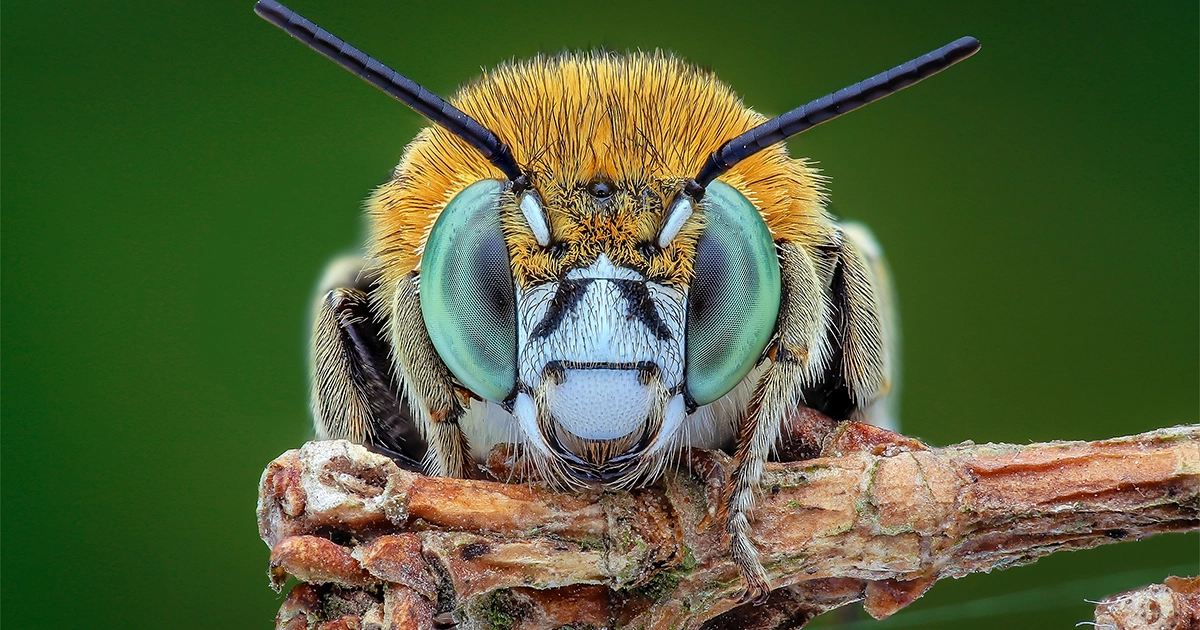- cross-posted to:
- [email protected]
- cross-posted to:
- [email protected]
An interesting read. “A group of prominent biologists and philosophers announced a new consensus: There’s “a realistic possibility” that insects, octopuses, crustaceans, fish and other overlooked animals experience consciousness.” https://www.quantamagazine.org/insects-and-other-animals-have-consciousness-experts-declare-20240419/



If consciousness is merely defined as being aware of one’s surroundings: I would think that most living things have it.
Has the actual mechanism of consciousness been discovered? Do we know what causes it? Where it comes from? How it is separate from simply reacting to stimuli?
The fundamental mechanism is still unknown, however we do know some important details about consciousness:
We know this due to a number of phenomena:
Together these and other observations suggest that consciousness is an emergent phenomena (not present in simple organ structures alone) and occurs along a scale, likely proportional to brain size. And just as your daily state can change (between sleep and wakefulness at minimum) it seems a reasonable hypothesis that other creatures experience something similar, though perhaps with a lower maximum awareness in their most alert state.
Maybe the mechanism hasn’t been discovered because consciousness isn’t mechanical.
What are you suggesting? What is the alternative?